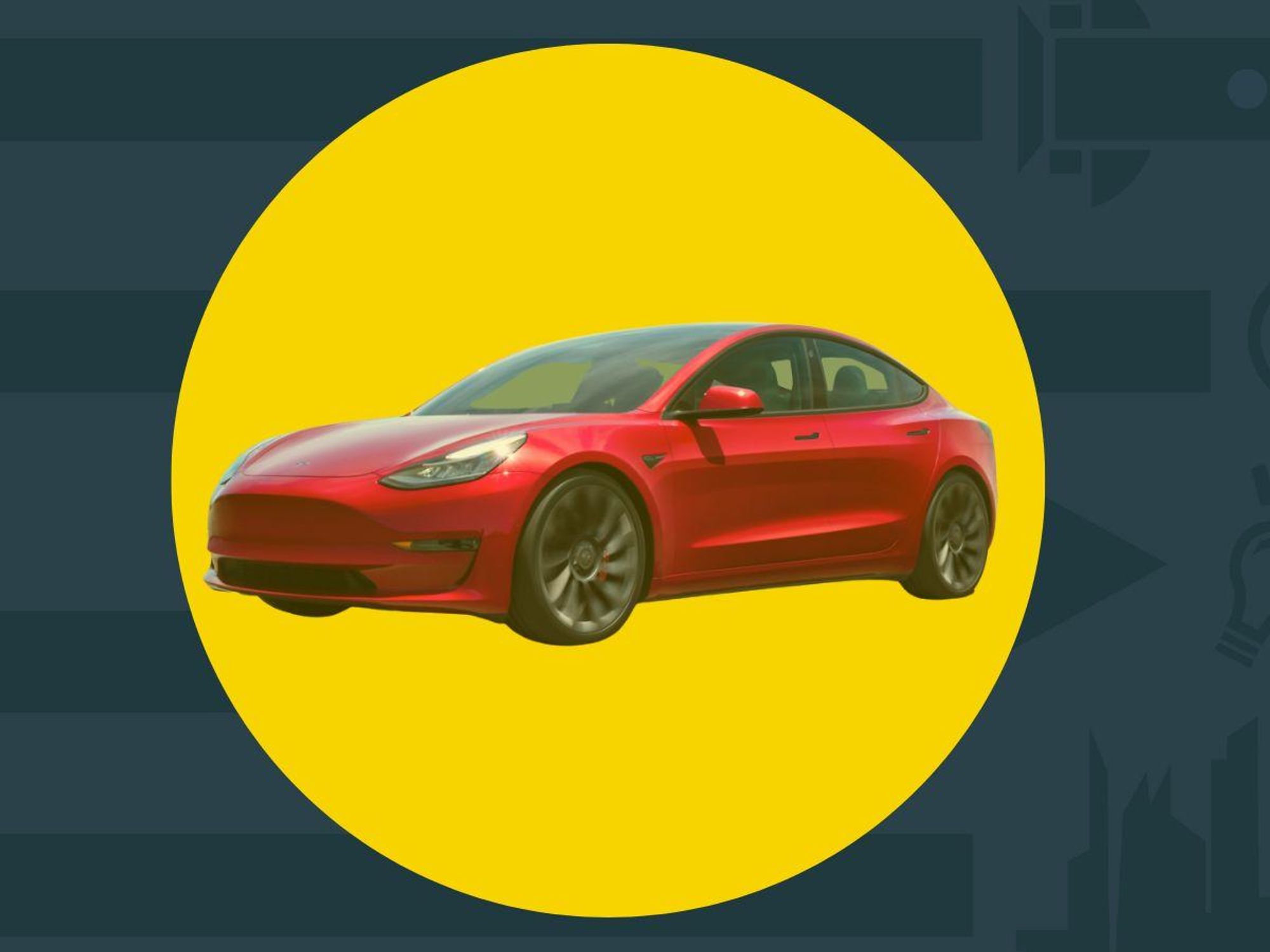Prediction: EVs Are Disrupting Car Shopping Habits, Giving 3 Companies a Competitive Edge in 2023

Mainstream consumer interest in electric vehicles got a big nudge over the last year thanks to a perfect storm of skyrocketing gas prices, a slew of hot new EV debuts backed by impressive marketing budgets and policy debates at the national level surrounding EV tax credits.
As consumer interest in EVs has grown, some notable disruptions to traditional car shopping behavior have emerged. Many luxury car buyers are moving away from those brands. Meanwhile, EV-curious consumers are becoming more open to moving away from the brands they’ve come to trust—a huge opportunity for companies that can deliver stylish, low-cost electric vehicles quickly.
Edmunds data reveals that EVs nearly doubled to 5% of new vehicle purchases in 2022, from 2.6% a year ago. And shopper visits to green vehicle (hybrid, plug-in hybrid and battery electric) pages on Edmunds.com climbed to 11.2% of all visits from January to September 2022, compared to 7.3% for the same period in 2021.
A closer look at Edmunds’ sales and trade-in data through November 2022 for three EVs from mainstream brands — the Ford Mustang Mach-E, Hyundai Ioniq 5 and Kia EV6 — reveals that EVs not only have the power to draw in traditional luxury car owners to mainstream brands, they’re also shaking up customer loyalty across the board. These trends show encouraging signs of a brand evolution—and potential competitive advantage—for all three legacy automotive brands in 2023 and beyond.
EVs Are Attracting Traditional Luxury Car Owners to Mainstream Brands
Ford, Hyundai and Kia are succeeding at a critical element to growing market share never before seen in the industry: attracting customers from luxury brands at a significant rate. The assumption might be that once a shopper turns to the luxury market, they don’t go back—they grow accustomed to driving a vehicle that wears a badge representing an emphasis more on finer materials, enhanced driving dynamics and a level of exclusivity. But that is more a myth than reality, and these mainstream auto brands are proving they can win luxury buyers over with state-of-the-art pure electric powertrains that provide levels of performance once reserved for supercars and interiors that seamlessly blend emerging tech with sophisticated styling, all wrapped in fashionable sheet metal.
For luxury automakers of any of the legacy brick-and-mortar, startup or direct-to-consumer varieties, seeing luxury brands appearing on mainstream dealers' lots should raise some eyebrows. The trend suggests some EV customers care less about the high-end brand and more about the forward-thinking engineering and product features.
EVs Are Disrupting Customer Loyalty
Historically, automakers expect to spend billions of dollars over the course of many years—if not decades—to retain existing customers and to bring new customers into the fold. Repeat customers are critical to OEMs’ business strategies, offering a stable base for forecasting future sales. The fact that these EVs are drawing in new buyers naturally and encouraging them to change brands at much faster rates than ever seen before is a competitive advantage that any automaker would dream to have.
What This Means for Ford, Hyundai and Kia in 2023 and Beyond
This early advantage for Ford, Hyundai and Kia isn’t a guaranteed win since the EV race is set to heat up with an onslaught of new products and entrants over the next decade. But opportunities on this scale don’t come along often, and if they play their cards right, these brands could gain a significant advantage on the EV battlefield in 2023 and beyond.
For legacy automakers more broadly, it’s a lesson that relying on brand equity and heritage isn't enough. Good products can overcome marketing perceptions past or present, not vice versa. For the startup EV makers, this trend of falling loyalty among luxury buyers should be viewed as proof they can be successful.
Check out this Edmunds report for a deeper dive on 2023 EV trends.- Electric Vehicle Startup Vinfast Targets 2023 for Public Offering ›
- LA Poised for Jobs Jump as Electric Vehicle Industry Surges Across State ›
- EV Sales Will Soar in 2022 as New Models Flood the Market ›
- Here Are The Top Venture Capitalists In 2023 - dot.LA ›
- The SXSW Conference Pushes Hype but Lacks Details. - dot.LA ›
- Features Over Function: What Consumers Want in a Vehicle - dot.LA ›




 Image Source: Skyryse
Image Source: Skyryse
 Image Source: Northwood Space
Image Source: Northwood Space